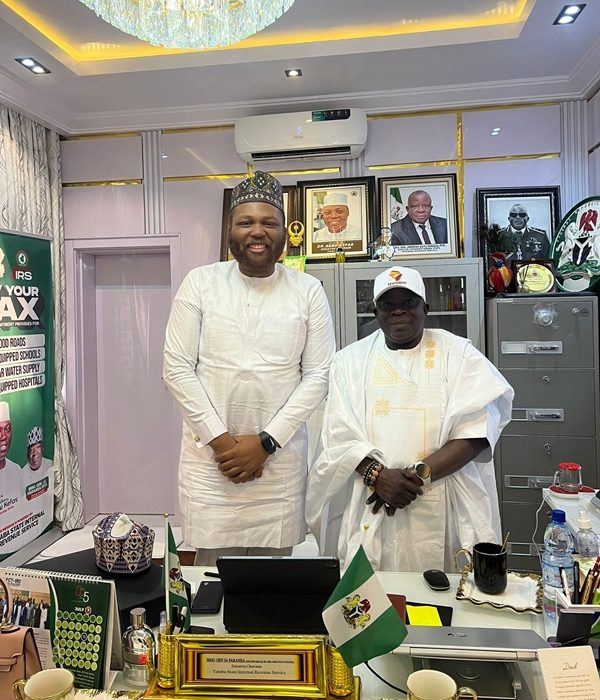In a notable show of cultural patriotism, the Chairman of the Taraba State Internal Revenue Service, Brigadier General Jeremiah Faransa (retired), has declared his full support for a newly launched grassroots initiative aimed at rescuing two endangered indigenous languages spoken within the state from the brink of extinction.
Speaking in Jalingo during a courtesy visit by a delegation of cultural advocates and linguists spearheading the preservation project, General Faransa underscored the urgent need to safeguard the linguistic heritage of Taraba’s diverse ethnic communities. He noted that language is not only a means of communication but also a vessel that carries history, values, traditions, and identity — all of which are gradually being eroded by urbanisation, globalisation, and lack of formal documentation.
The retired military officer, now a respected technocrat, expressed concern that several native dialects within the state are vanishing as younger generations increasingly adopt dominant languages, often at the expense of their mother tongues. According to him, it is a shared responsibility across all sectors — government, traditional institutions, academia, and the private sphere — to ensure that no indigenous language becomes lost to time.
General Faransa further revealed that the initiative, which seeks to document, teach, and digitally archive the endangered languages, aligns with broader state development goals that prioritise cultural inclusivity and community empowerment. He pledged that the Taraba State Internal Revenue Service under his leadership will explore avenues to support the programme within its capacity, either through partnerships, advocacy, or resource mobilisation.
Taraba State is home to one of Nigeria’s most ethnolinguistically diverse populations, with over 40 distinct ethnic groups scattered across its 16 local government areas. Among the languages now classified as critically endangered by cultural preservation bodies are those spoken by minority communities in remote areas such as Kurmi and Sardauna LGAs, where oral tradition remains the primary means of knowledge transfer.
Observers say this intervention marks a timely and commendable step in reviving and promoting cultural identity at a time when many communities across Nigeria are grappling with the erosion of ancestral languages. The project’s proponents believe that with sustained institutional backing, including from figures like General Faransa, the revival of endangered dialects in Taraba could become a model for other states battling similar cultural decline.
As the conversation around cultural preservation gains momentum nationally, stakeholders in Taraba hope this initiative will not only restore pride in indigenous roots but also contribute to educational development, intergenerational dialogue, and social cohesion within the state.
